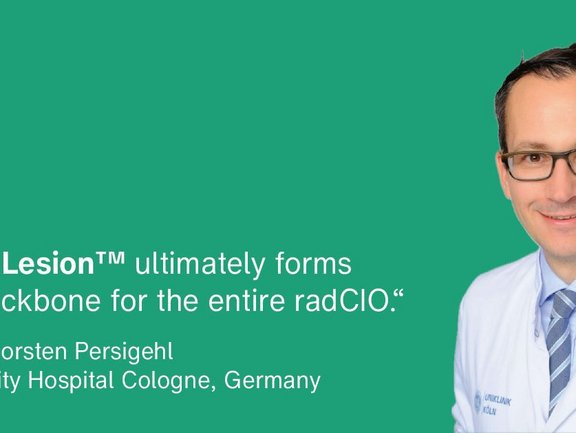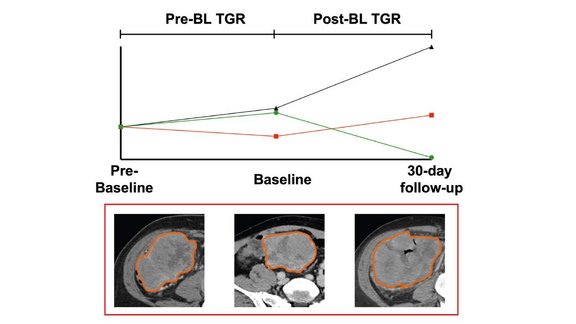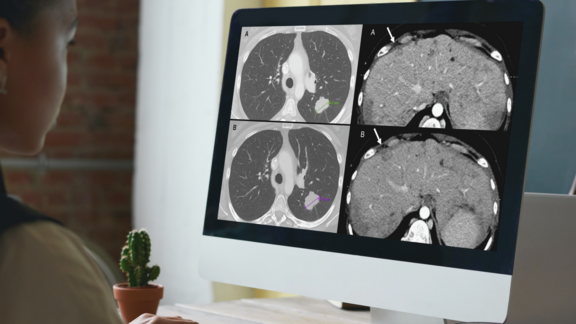In an exclusive interview with Prof. Dr. Thorsten Persigehl, a leading expert in Oncological Imaging, we delved into the transformative radCIO project at the University Hospital of Cologne.
Prof. Persigehl shares insights into the challenges and opportunities of establishing a comprehensive oncological imaging database within the Radiology Center for Integrated Oncology (radCIO). He details the primary objective of enhancing cancer patient care through optimized radiological processes and digitalization.
The interview unveils the pivotal role played by mint Lesion™ as the backbone of radCIO, propelling the initiative towards digitized storage of radiology data and enabling advanced analyses, including radiomics and artificial intelligence (AI) applications.
Find out more about the development of a modern IT platform that efficiently archives structured data, ensuring its integration into the clinical context and facilitating seamless digital exchange within the oncology ecosystem.
Read the interview here.



